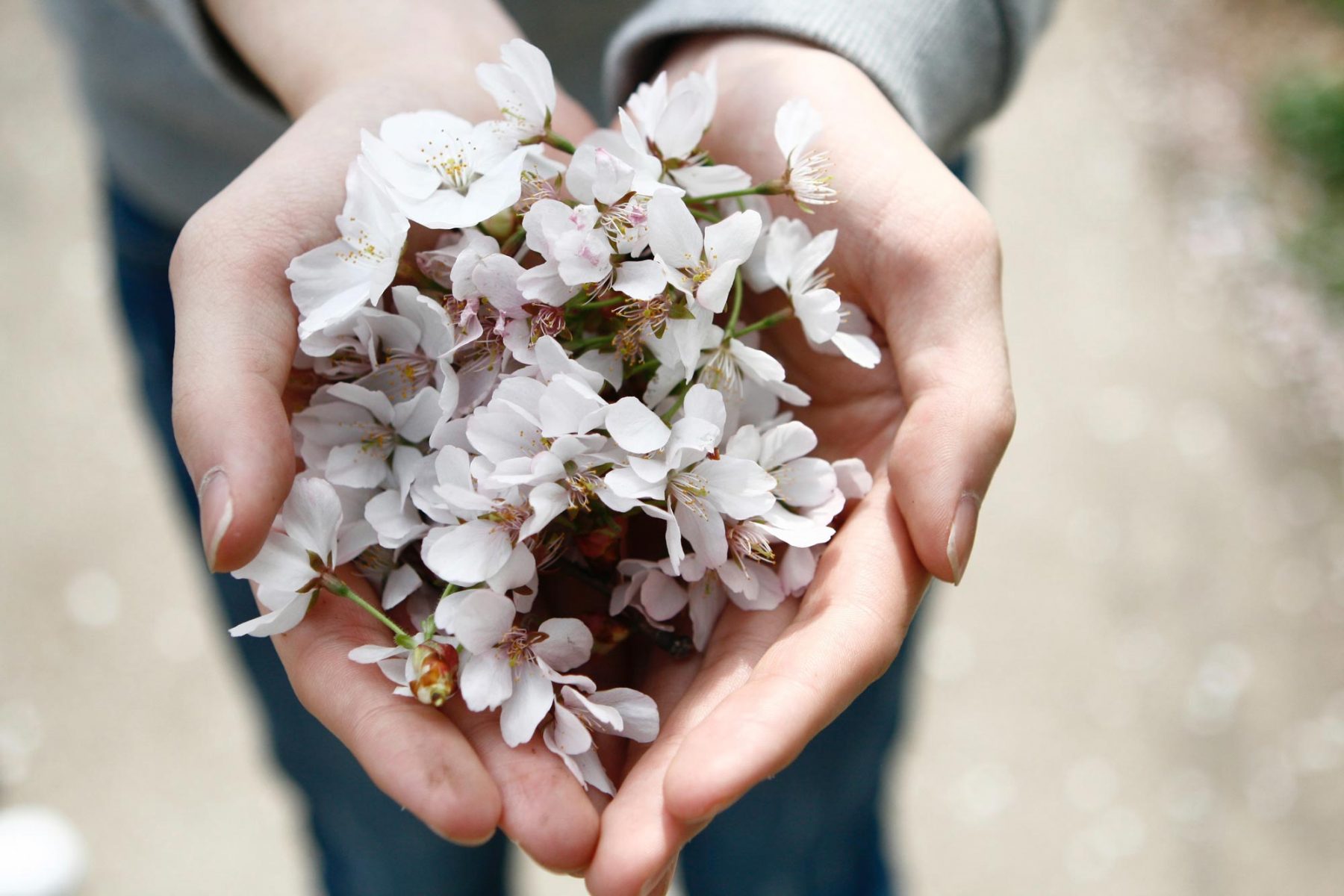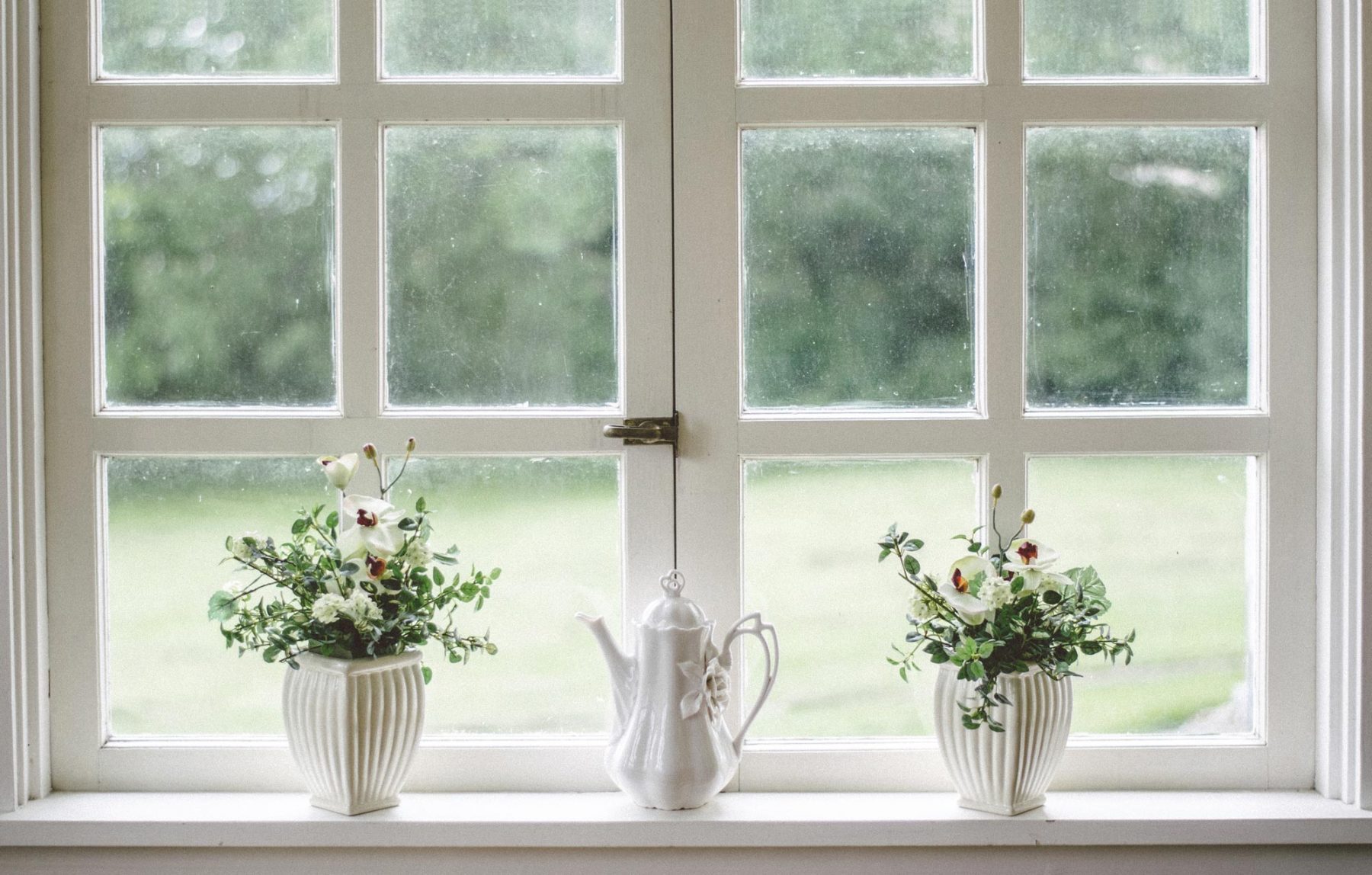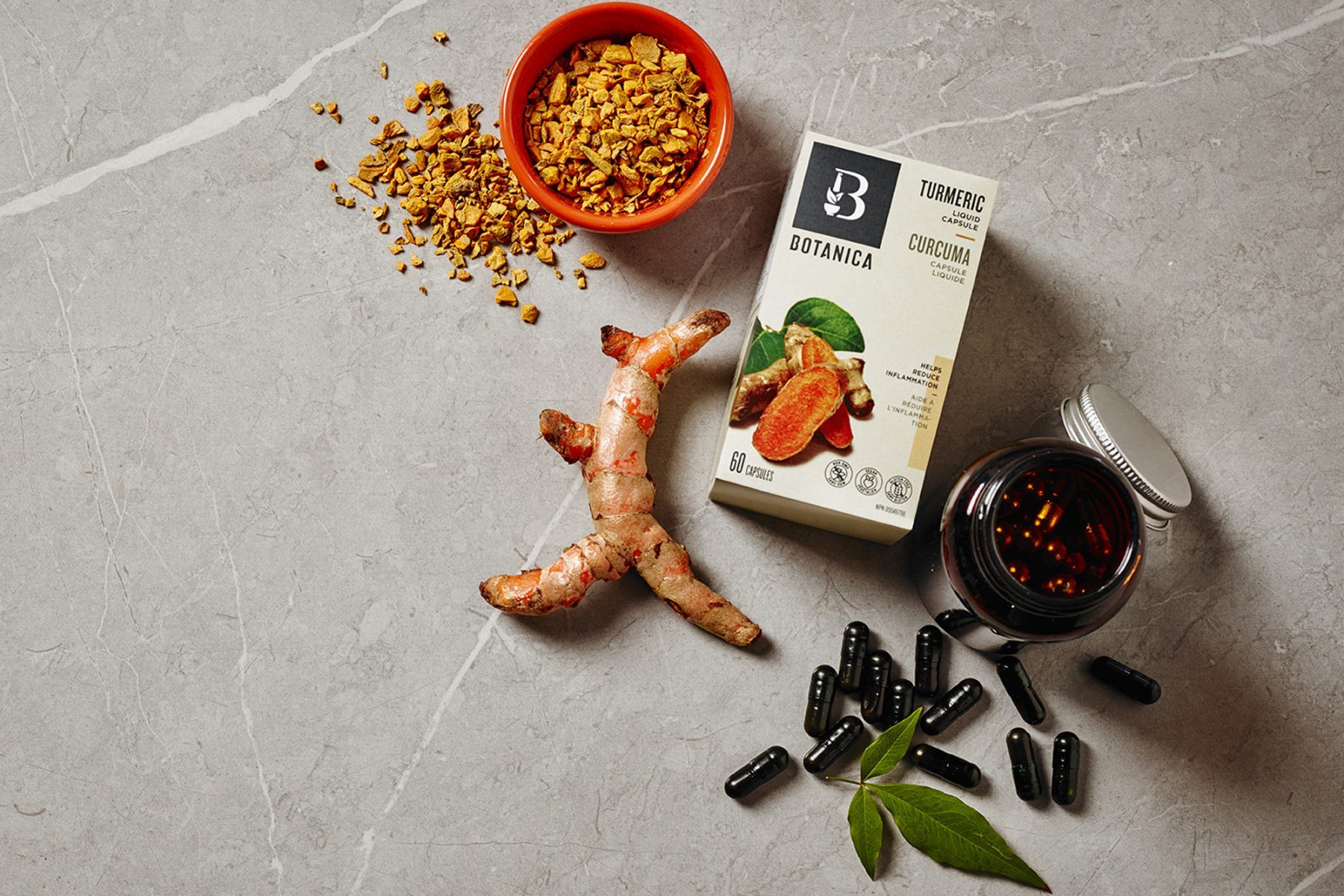The weather is finally warming up, snow is melted, the grass is getting green, trees are budding, flowers are blooming, the sun is shining and spring is in the air! What could be more glorious? If you suffer from seasonal allergies (also known as hay fever or rhinitis), these signs of spring can bring up feelings of dread and longing for snow and cold.
An allergy is an over-reactive immune response triggered by a relatively inert substance, ingesting certain foods, the skin coming into contact with certain substances, or inhaling an irritant such as pollen or animal dander. Allergies can also be triggered by mould, spores, and dust and usually affect the respiratory system. Seasonal allergies usually worsen when pollen levels increase or change but if a person is constantly exposed to a trigger (i.e. pet dander) symptoms can last all year round.
Symptoms may include sinus congestion, headaches, hives, watery or itchy eyes, scratchy throat, coughing, brain fog, anxiety but also may include digestive symptoms such as bloating, wind, cramping and loose stools or constipation. A medical doctor will usually recommend some type of over the counter antihistamine, decongestant, steroid cream, or eye drop which may give some symptom relief but can exacerbate the problem in the long run. Plus these treatments do NOT treat the underlying cause of the allergy, only the symptoms.
Allergy symptoms occur when the body responds to an allergen with a chemical called histamine, which works by counteracting the allergen. Allergic reactions are caused by the immune system producing Immunoglobulin (IgE) antibodies that cause widespread symptoms. Sometimes if there is dysbiosis in the gut the good bacteria fail to signal the immune system that the exposure is safe! So for example instead of signalling the immune cells that pollen is ok, it can’t harm you, that signalling system is shut off and the immune cells become reactive to anything it views as a pathogen ie pollen, dander, mould etc.
Another factor in the cause of seasonal allergies is histamine intolerance. You best know histamine as the immune signalling protein that causes allergies and swelling. But histamine has lots of other jobs. It regulates stomach acid, stimulates the brain, and plays a key role in ovulation and female reproduction. So that’s why antihistamines can be effective at controlling symptoms but detrimental in the long run. Normally, your body regulates histamine by making it, and then by clearing it with the enzymes histamine N-methyltransferase (HNMT) and diamine oxidase (DAO). It’s a fine balance between “histamine in” and “histamine out.”
Histamine intolerance occurs when there is either too much coming in or not enough going out—or both! Usually, factors like intestinal dysbiosis, SIBO, estrogen excess, too many high histamine foods, b6 deficiency and birth control pill use lead to the increased amount of histamine in the body and the inability to break it down.
Tip: “Histamine intolerance” is not a recognized medical diagnosis, so your doctor may not want to hear about it.
what natural remedies can be used to help reduce symptoms and occurrence?
Acute lifestyle support
- Neti pot or saline sprays – if sinus congestion and or runny nose are present – helps to reduce congestion and soothes mucous membranes in the upper respiratory tract.
- Reduce time outdoors during high pollen season – although the aim is to be able to enjoy the outdoors in the meantime limiting exposure will be helpful.
- Closing windows in the home, using air conditioning, and removing footwear outside the house will all limit your exposure to pollens.
- Clean home with hepa filter vacuum – can reduce microscopic particles by 99%
- Shower after being outside in high pollen times – this will kill off any pollen that has accumulated on you.
Manage histamine intolerance
- Botanica Milk Thistle Liquid Capsules – helps clear excess estrogen out of the liver.
- Botanica Turmeric Liquid Capsules– reduces inflammation, helps clear estrogen from the liver.
- Consume a diet that is low in histamine – high histamine foods include red wine, champagne, hard cheese, deli meats, avocados, smoked or canned fish, mustard, deli meats, curry, soy sauce, dried fruits, dried nuts, lemons, mandarins.
4. Long term management
- Botanica Vitamin D Capsules – supports proper immune and hormone health
- Perfect Protein Elevated Adrenal Support – contains reishi for histamine, immune support and ashwagandha for stress support.
As you can see there are many natural remedies for seasonal allergy management. Even trying 2 or 3 of the above tips I have mentioned will help. As always seek the advice of a professional if you are unsure about your symptoms.



